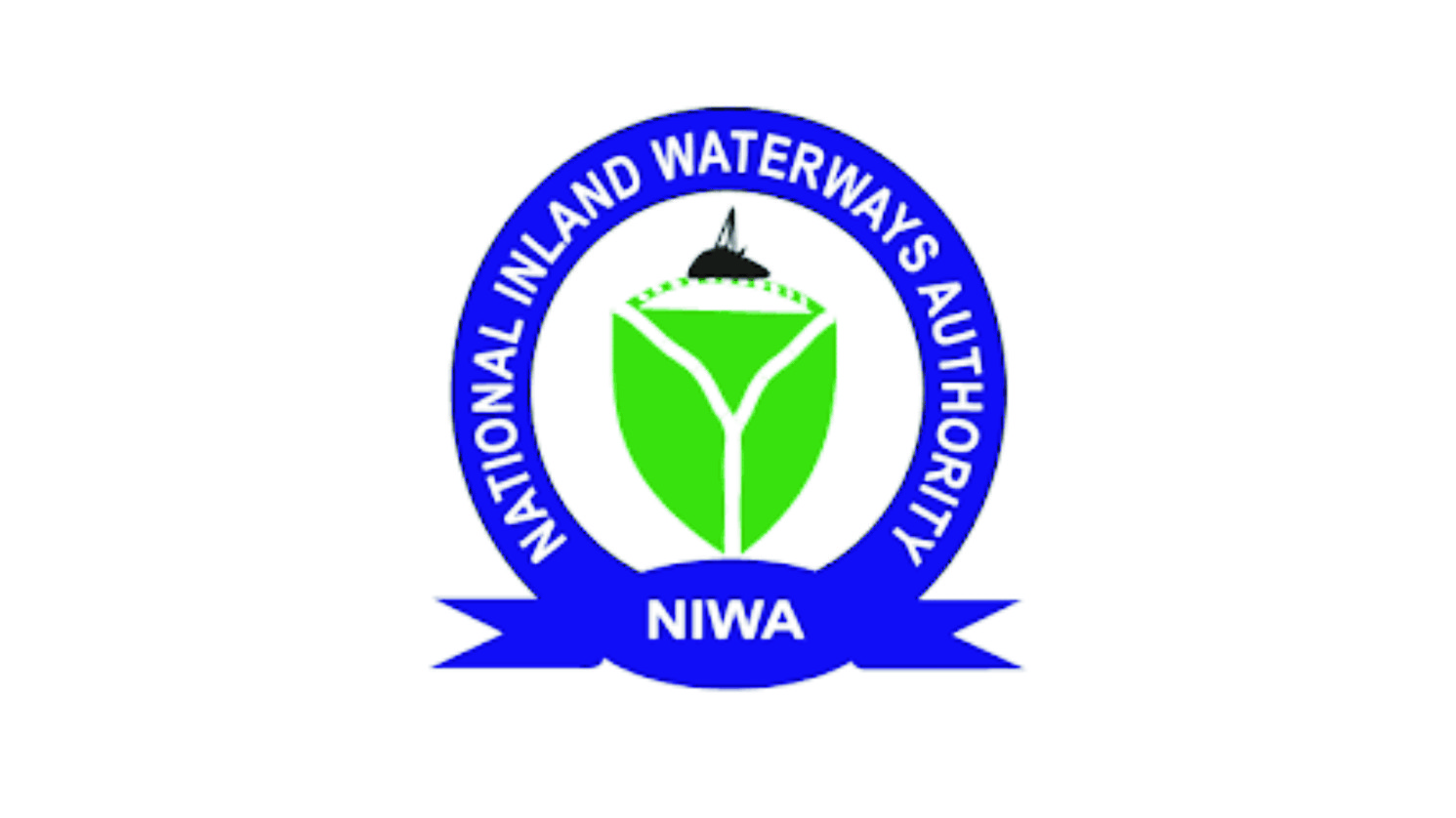Business
‘Foreign Shipowners Deprive Nigeria Of $9.2bn Annually’

Experts in the maritime sector have said Nigeria loses $9.2billion annually to foreign shipping lines handling cargo that a national fleet is supposed to handle.
A former Chairman of the National Fleet Implementation Committee, Hassan Bello, who disclosed this, Friday, at the inauguration of the new executives of the Shipowners Association of Nigeria in Lagos, said the national fleet should be an initiative of the private sector.
“$9.2bn lost annually to foreigners. This is trade that goes to foreign-owned shipping companies or carriers. You could imagine what that could do to our economy if we had a national fleet.
“The national fleet should be an initiative of the private sector but the government should encourage it”, Bello said.
Bello, a former Executive Secretary of the Nigerian Shippers Council, stated that all the earnings that were supposed to come to Nigeria now go to foreigners, creating employment for them.
Noting the importance of having indigenous participation in international trade, he said “you know the significance of having indigenous participation in international trade: 90 per cent of international trade is done through the sea, carried by ships from one country to another.
“And we have been missing in action, that’s the whole problem. We need to be elusive, unequivocal, and deliberate in our efforts. That is why it is important for this association. We will see it as one of the efforts to take us out of the dungeons”, he asserted.
The former Executive Secretary of the Nigerian Shippers Council lamented that Nigeria operated a monoeconomy, wholly dependent on the export of a single commodity, which is crude oil.
“We have to own and operate indigenous tonnage, purely private sector driven by providing incentives that are the function of a government, friendly operating climate, like tax holidays, and a wide range of very important incentives, which other countries have used.
“We have no time to do that. We are talking about tax holidays. We are talking about fiscal policies, legal, and the policy changes”, he stated.
Also, the immediate past President of the SOAN, Dr McGeorge Onyung, expressed disappointment that Nigeria was not capitalising on the $14trillion ocean economy.
Onyung, who is also the Managing Director of Jevkon Oil & Gas, declared that by ferrying equipment and materials needed for the Lagos-Calabar rail line project from China, Nigeria inadvertently enriched Chinese shipowners instead of retaining that freight money within the country.
“The economy of this country would not improve if we don’t diversify into the ocean economy. The fact is very clear that without shipping, there is no shopping. If you don’t remember anything today, please remember that without shipping, there is no shopping.
“Now, we are building a railway from Lagos to Calabar. I don’t know how much that will cost. I don’t know how long it will take. But all the wagons and the rails must come from China, wherever, by sea. And it should be ships that should bring them in. So, we should start making the money before the railway is constructed”, stated.
Meanwhile, the new President of SOAN, Sonny Eja, lamented that poor ship acquisition was affecting the nation’s maritime sector.
Business
NIMASA Commits To Creating Enabling Environment For Maritime Business

Business
FG Inaugurates Special Committee Against Boat Accident


